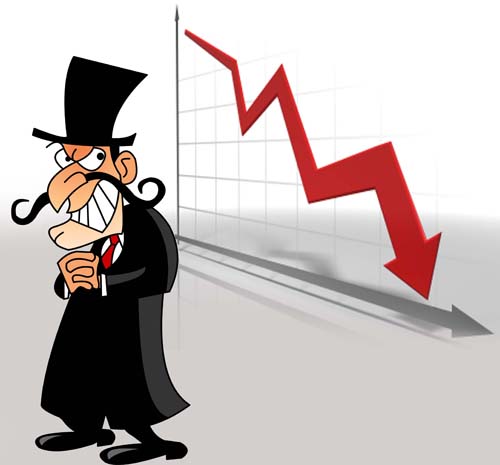The term ‘negative SEO’ has gained some infamy as it became clear that outside parties have the ability to damage your rankings and reputation.
The well-publicised case of travel reservation giant Expedia is just one high profile example. But how vulnerable are you?
Unless you have a vindictive party hell bent on bringing you down, you’re probably quite safe. Most people online are ethical. Moreover, your competitors are probably too busy working on their own rankings to try and sabotage the SEO status of your site.
However, you do need to remain vigilant and keep an eye open for any unusual activity. If you’re doing everything by the book, and if your sites begin to plunge in the rankings, it might be time to look into the matter of negative SEO.
Types of Negative SEO and What You Can Do About Them
Unnatural Backlink Blitz
In the wake of all the recent Google penalties affecting unnatural backlinks, most webmasters are very cautious about the way they go acquiring links. So what better way to scupper a competitor than to blast his site with a mass of low quality links?
If this happens to you, you can contact the webmasters of the sites linking to you and ask them to remove the offending items. You can also disavow the links via Google Webmaster Tools. All this is time consuming so it’s best to approach your SEO company to handle it for you.
Spreading Duplicate Content
Cloning your content and spreading content around the net could have negative implications for the value of the original. Fortunately, Google Author establishes the status of the true author so make sure you set that up. Another thing to do is to setup Google Alerts to let you know when copies of your content appear. You can then contact the relevant webmaster and ask for removal.
Fake Reviews
Not strictly an SEO tactic, planting fake negative reviews of your company or its products can severely damage your reputation and cause a falloff in traffic. Again use Google Alerts to follow mentions of your site and then take appropriate action.
Accidental Negative SEO
Not all negative SEO is intentional. Consider blog comments. You want to encourage commenting on your blog as a sign of user interaction. But what if the comments are low quality? According to Matt Cutts, this is not a problem.
He revealed in a recent video that though spammy comments were bad for you, low quality comments were not considered a negative factor. “Just make sure that your own content is high-quality”, said the Google spam chief.
So do you need to worry? Probably not. Just keep an eye on your rankings and on your link profile in your Webmaster Tools. Take prompt action if your find anything unusual, especially if it happens suddenly. It always pays to be vigilant.


















